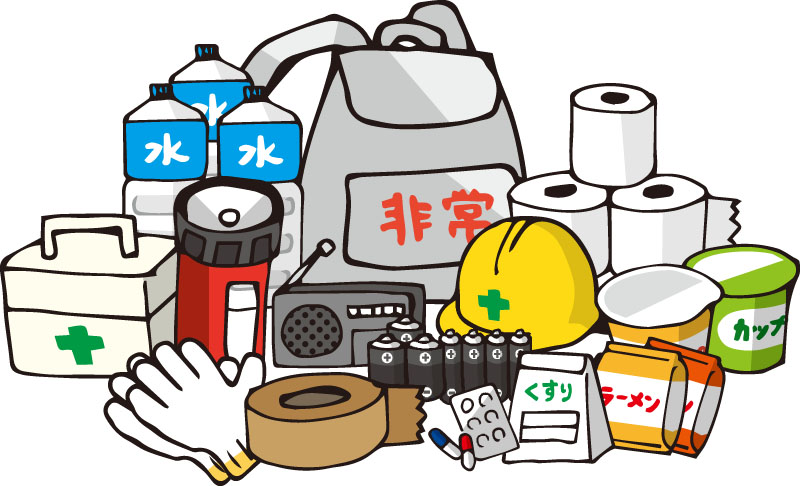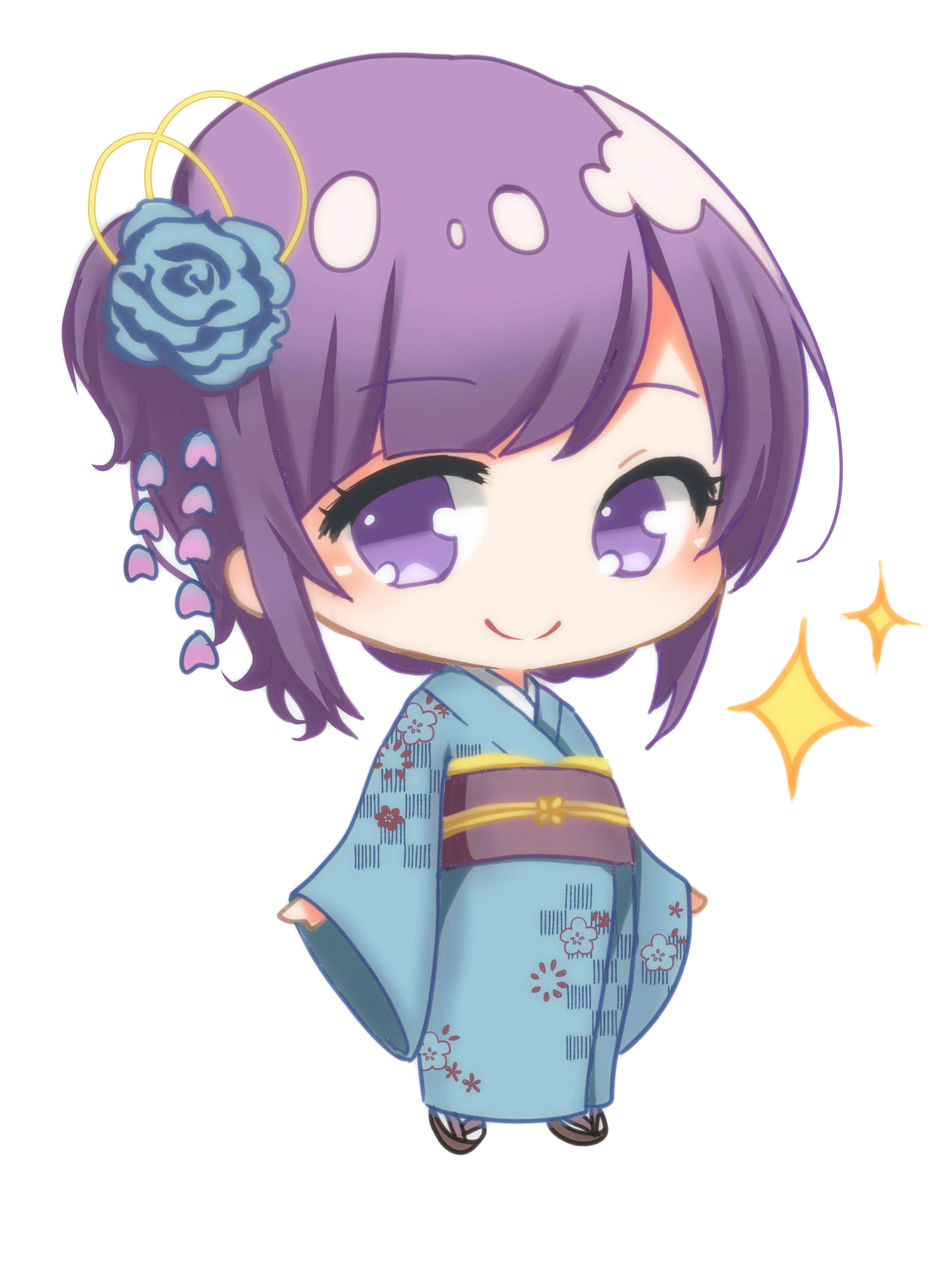Japan is particularly vulnerable to natural disaster because of Japan’s climate and topography.
There are countless earthquakes, typhoons, and other types of disasters.
It’s very important to know what to do in case of a natural disaster. Together with this we will also present some words related to hospitals.
Words related to hospitals
Japanese hospitals offers various types of treatments.
In Japan, most hospitals are accessible to patients without a doctor’s referral,
but hospitals are allowed to charge an extra fee to patients without a referral.(From around 2,000 to 5,000 yen)
Most hospitals accept Japanese national health insurance and charge up to 30% of the total fees to the patients.
Some hospitals require an appointment in advance.
In general patients need to make their first visit between 9 and 12 am on a weekday.
Please check before you go to the hospital.
Interview sheet (monshinhyou): You fill out this sheet with details about your medical condition.
Insurance card (Hokenshou)
I have a headache. (Atama ga itai desu.)
I have a stomachache.(Onaka ga itai desu.)
I have a cough. (Seki ga demasu.)
I have allergies. (Arerugii ga arimasu.)
More information

(引用:https://tenki.jp/suppl/yamamoto_komo/2019/09/09/29421.html)
Emergency phone numbers
110 (police)
119 (fire department, ambulance, emergency rescue)
【Words related to 110】
- Who are you? (Dare desu ka.)
- What has happened? (Nani ga arimashita ka.)
- When...? (Itsu desu ka.)
- Where...? (Doko desu ka.)
- There is a crime. (Jiken ga arimashita.)
- There was a traffic accident.(Koutsuujiko ga arimashita.)
- My name is~. (Watashi no namae wa ~ desu.)
- My phone number is ~. (Watashi no denwabangou wa ~ desu.)
Words related to 119
- Is it a fire or emergency? (Kaji desu ka./Kyuukyuu desu ka.)
- Where...?(Doko desu ka.)
- What symptoms?(Donna shoujou desu ka.)
- Your name, address, and phone number>?(Namae to jyuusho to denwabangou o oshiete kudasai.)
- There is a fire. (Kaji desu.)
- Please send me an ambulance.(Kyuukyuusha o onegaishimasu.)
- There is an injured person.(Kega o shiteiru hito ga imasu.)
Disaster
When you live in Japan, the possibility is hight, that you will experience a natural disaster, such as an earthquake, tsunami, or typhoon.
These are some simple things that can help you to survive a disaster in Japan.
171 (safety confirmation during a disaster)
171: words related to 171
- I’m 〇〇. I’m ok. (Watashi wa 〇〇 desu. Buji desu.)
- I’m at 〇〇. (〇〇 ni imasu.)
- Where are you? (Doko ni imasu ka.)
- Earthquake (Jishin)
- Hypocenter (Shingen)
- Seismic intensity (Shindo)
- Aftershock (Yoshin)
- Wind velocity (Fuusoku)
- Rainstorm (Boufuu-u)
- Flood (Kouzui)
- Inundation (Shinsui)
- Landslide (Gakekuzure)
What can we do before
a disaster actually occurs?
Learning about natural disaster’s words.
Disaster message Board and disaster Dial-a-Message 171 services.
Talk about evacuation place with your family.
Prepare the kit items/stockpile list.
More information
Getting ready for an Earthquake
【Emergency items to be stocked】
Flashlight + spare batteries
Radio + spare batteries
Helmets
Thick gloves
Lighter
Drinking water
Canned/ready-to-eat food
Clothes, underwear, socks
Wet tissues
Plastic bags
Towels
First aid kit
Pens, notebooks

(引用:https://next.rikunabi.com/journal/20160829_1/)
【Keep the items in a place where you can easily take with you】
Cash
Bankbooks, personal seals
Medicines
What can happen, when a huge disaster occurs?
- Supply of electricity, water, and gas will be stopped.
- Roads and railways transportation will be disrupted.
- Contacting family numbers might become difficult.
- Collecting information might become difficult. Evaculation center will be set up.

(引用:https://mainichi.jp/articles/20160425/k00/00m/040/052000c)
 Medical and disaster
Medical and disaster (引用:https://tenki.jp/suppl/yamamoto_komo/2019/09/09/29421.html)
(引用:https://tenki.jp/suppl/yamamoto_komo/2019/09/09/29421.html)
 (引用:https://next.rikunabi.com/journal/20160829_1/)
(引用:https://next.rikunabi.com/journal/20160829_1/)
 (引用:https://mainichi.jp/articles/20160425/k00/00m/040/052000c)
(引用:https://mainichi.jp/articles/20160425/k00/00m/040/052000c)